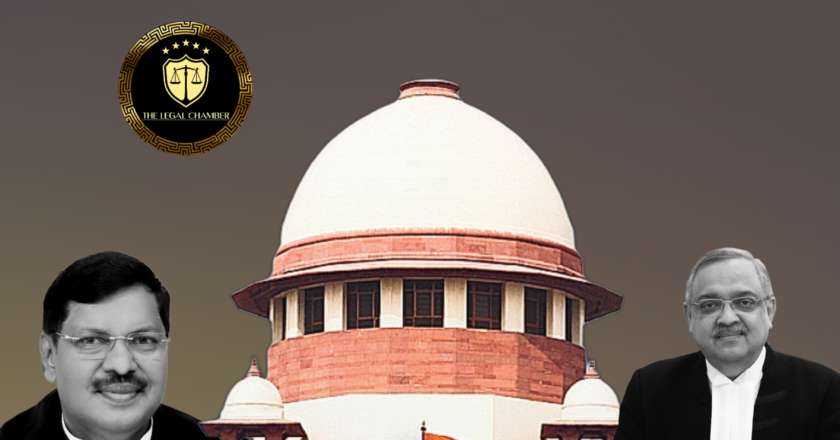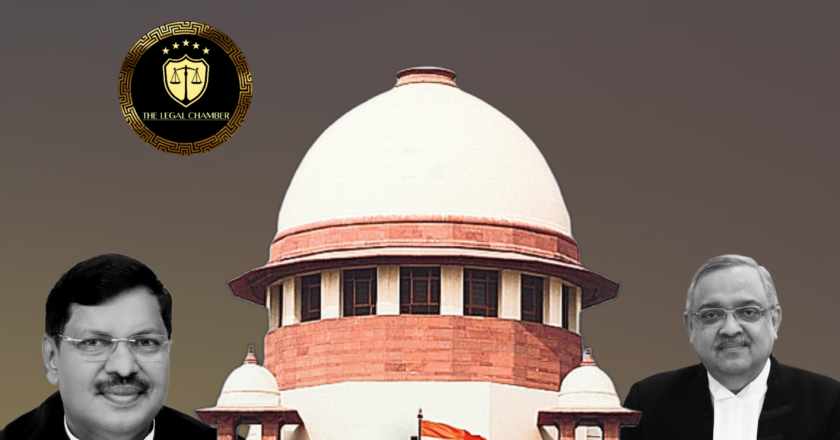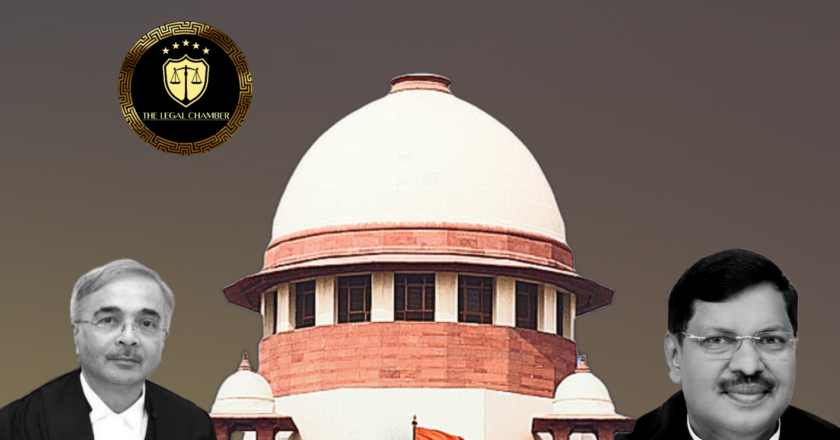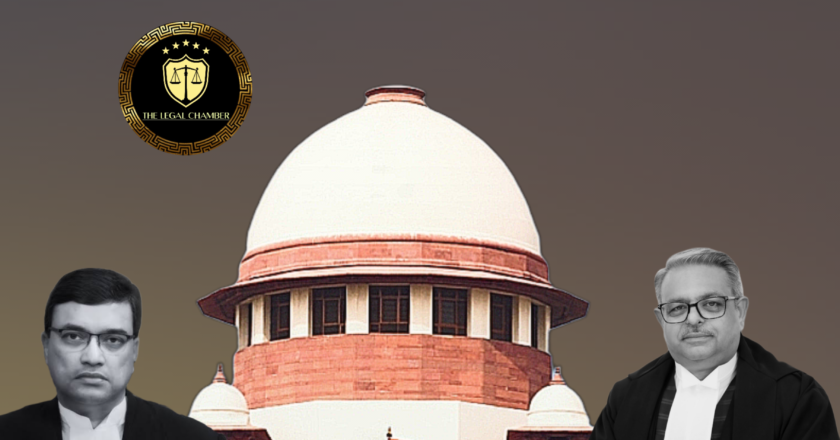Supreme Court Denies Reduction in Jail Term for Man Who Killed Peacemaker in Family Feud
In this appeal against sentence under Section 304 Part-II IPC, the Supreme Court refused to reduce the 8-year rigorous imprisonment. The Court held that sentencing must balance proportionality and societal interests, and undue leniency undermines justice. The appellant’s act of using an axe on the victim’s neck demonstrated the requisite knowledge for the offense.
Facts Of The Case:
The case arose from a familial dispute involving allegations of rape. The appellant, Kotresh, was aggrieved as his cousin (‘C’) was allegedly raped by the elder brother (‘V’) of the eventual victim, ‘S’. This led to demands for marriage between C and V. A day before the incident, a meeting to resolve the issue failed. The next day, the appellant and other family members confronted V’s family, leading to a s...









